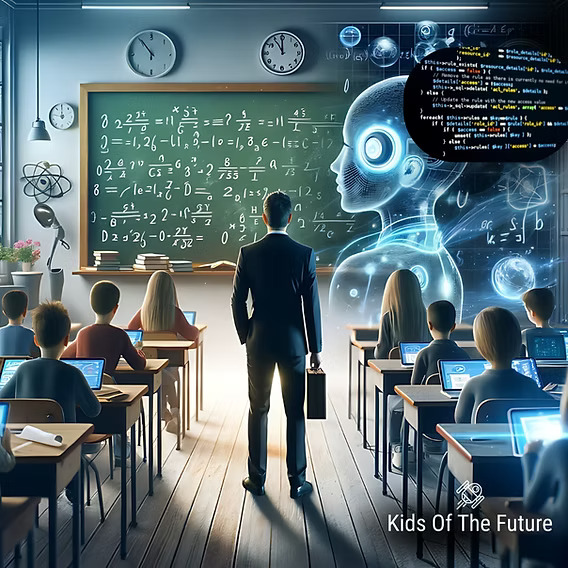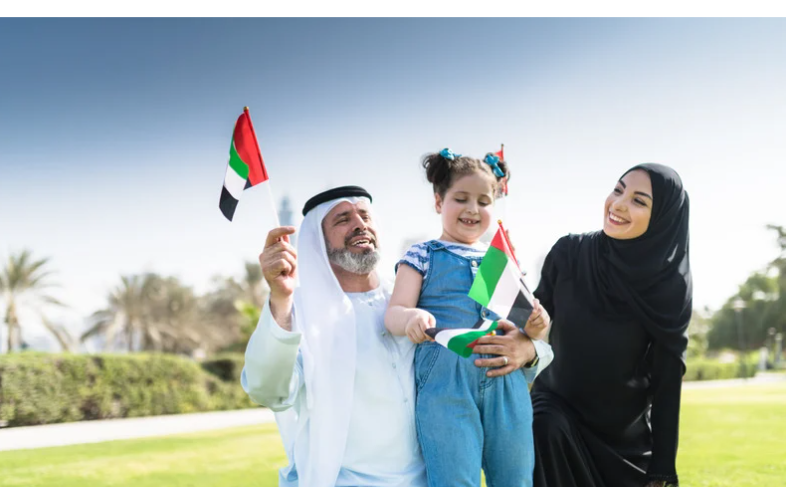.png)
The education sector in the Gulf is undergoing
a significant transformation, with hybrid learning becoming a lasting
model post-pandemic. Blending online flexibility with in-person structure,
hybrid education caters to a tech-savvy generation, busy families, and
institutions seeking resilience against future disruptions.
In the UAE, KSA, and Qatar, schools and
ministries have invested heavily in edtech infrastructure. Institutions now
offer blended formats with smart classrooms, virtual labs, and digital
assessments alongside traditional learning. This shift has not only
improved accessibility but also allowed students to pace their learning and
deepen subject mastery through personalized digital tools.
Parents are increasingly supporting hybrid
models, especially those who travel frequently or relocate within the GCC.
Platforms like thetuitione.com align well with this trend, offering
high-quality live tutoring, structured curriculum support, and real-time
feedback — replicating classroom rigor while retaining the convenience of
online learning.
Students, especially in senior grades, benefit
from exposure to digital collaboration tools, research platforms, and
asynchronous materials. However, challenges remain. These include screen
fatigue, the need for reliable internet access, and ensuring consistent student
engagement. Hence, schools are training teachers in digital pedagogy and
setting clear online behavior policies to maximize benefits.
The future of Gulf education lies in flexible
ecosystems. Hybrid learning will continue to evolve — not just as a contingency
plan, but as a mainstream solution blending the best of both worlds. For
students and parents, this means more control, customization, and creativity in
their educational journey.




.jpg)

.png)



.jpg)
